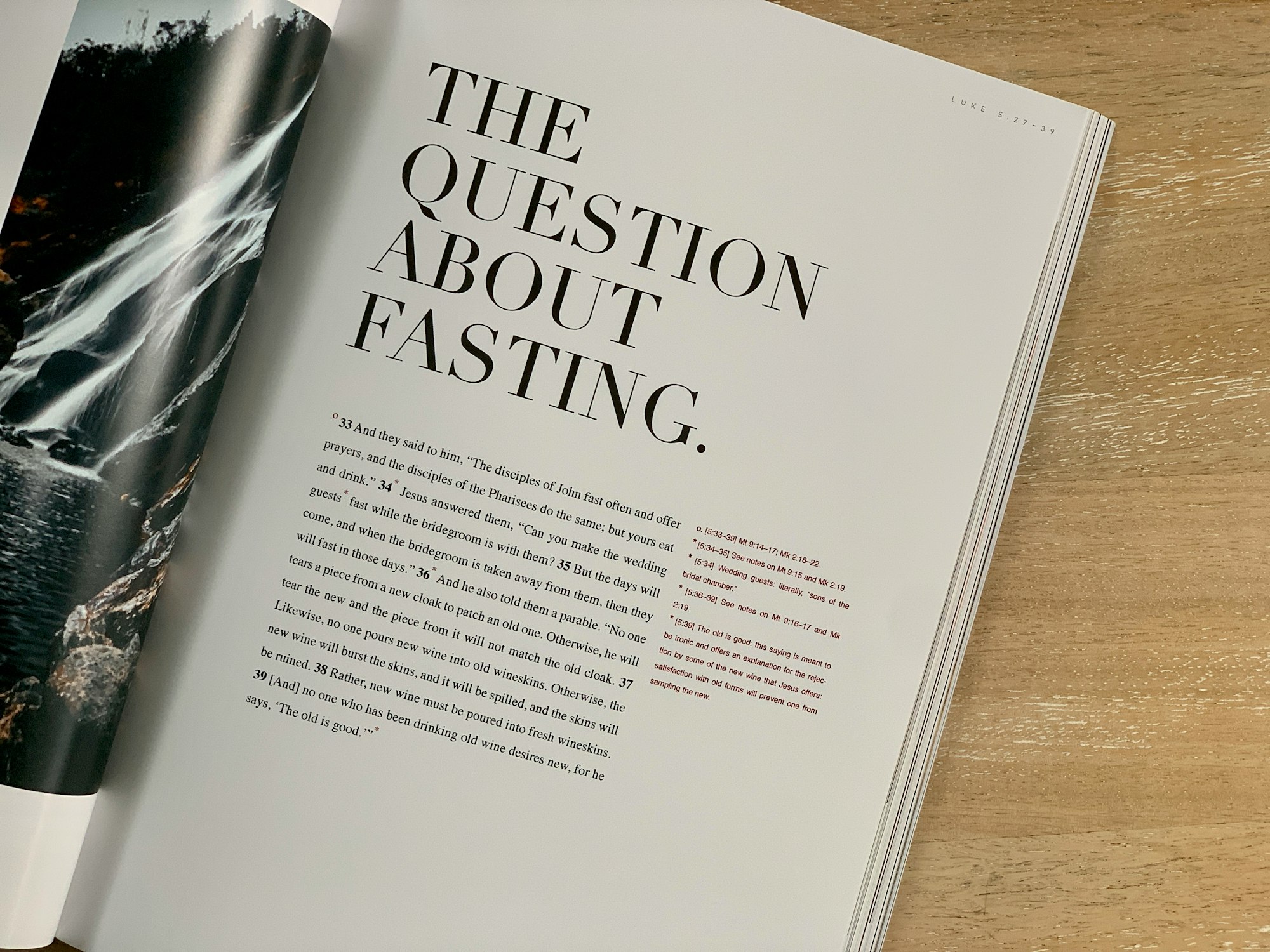Should You Start Fasting?

I was recently asked by a colleague about my thoughts on fasting and whether or not I thought it was beneficial. Like many of us, he had heard about the potential health benefits of fasting that have become popularized through social media. Though now used frequently as a longevity tool, the origins of fasting are mostly religious. From Lent in Christianity and Yom Kippur in Judaism to Ramadan in Islam and the Vinaya texts in Buddhism, people have been fasting for a long time.
Let's explore the different types of fasting, what fasting does to our bodies, how fasting might be beneficial for some, the potential harms of fasting, and finally conclude on whether or not you should be doing it.
Types of Fasting
Intermittent: The most popular fasting method these days is intermittent fasting. This involves having an eating window and a fasting window every single day. For instance, 18:6 is a common breakdown where you fast for 18 hours and fit all of your meals into 6 hours. For many people, they'll simply skip breakfast and eat their lunch and dinner from 1pm to 7pm (or 2pm - 8pm, etc..) You can do this pretty much anyway you want. 20:4 is also very commonly used.
One Meal a Day (OMAD): This one is pretty self explanatory. You only eat once a day, that's it. This would generally mean that you're consuming an extremely large meal in order to get in some calories.
Extended (>48 hours): Extended fasts are those that last longer than 2 days. This is the time period where the potential benefit of autophagy comes into play. Autophagy is a type of cellular recycling where cells are able to replace intracellular organelles and molecules. Autophagy is very different from apoptosis, which is a system for destroying damaged or unwanted cells like cancer cells. Rather, cells going through autophagy maintain their homeostasis while simultaneously replacing their intracellular content.
Effects of Fasting
If you were to start going on extended fasts, what would happen to you? What would you see on a blood test? The following lab results are what you could expect while on a >72 hour fast in a healthy adult:
- Insulin - very low
- IGF - very low
- Glucose - very low
- Triglycerides - moderate, these act as substrate for ketones
- Uric acid - very high
- Free T3 - very low, driven down by ghrelin (hunger hormone) in order to conserve energy
- Testosterone - low
- BHB (beta-hydroxybutyrate) - very high, these are ketones
As you can see, ketosis is a big part of fasting! There are other potential benefits to fasting such as having a consistent schedule, increased insulin sensitivity (especially for diabetics), ketosis, and increased mental clarity in the mornings. In fact, very low insulin, IGF, and glucose is likely great benefit for diabetes prevention.
You should note that effects such as autophagy and the lab values above are NOT expected to occur when doing shorter fasts, and certainly not with intermittent fasting. The big benefits of intermittent fasting and OMAD are really just diet control. For instance, if you're a big night time snacker and that prevents you from reaching your goals, time restricted eating may be beneficial.
I also want to make it extremely clear that the longevity benefits from fasting are NOT well established in humans. Most of the life enhancing effects associated with food restriction are from mouse studies.
Potential Issues with Fasting
The main drawback of fasting comes down to one macronutrient, protein. People tend to lose weight while fasting, which is great, but their body compositions are often negatively affected. Fasting often leads to decreased lean mass or muscle loss. Strength and VO2 max are some of the best predictors of longevity around. Everything we know says that an intervention which causes loss of muscle or decreased aerobic capacity is bad for longevity. That might include fasting.
The crux of the issue is how much protein you can utilize per meal. I recommend folks get ~1g of protein per lbs of bodyweight per day in order to maintain (or gain) muscle mass. This is hard to do while fasting, especially when doing OMAD, because protein is best utilized when consumed over 3-4 meals. You might be able to squeeze 150g of protein into one meal, but your body wouldn't be able to efficiently use it all. Additionally, people often report having less energy with longer fasts which can limit their ability/motivation to exercise, again resulting in decreased muscle mass.
Who Should Consider Fasting?
Fasting can certainly be good for weight loss, but I think it's particularly useful in folks with body fat percentages >30%. For the obese, fat loss is more important than maintaining/gaining muscle when it comes to chronic disease prevention, and fasting can definitely help with that. Below 30%, fat loss is still very important, but not at the detriment of muscle. If you're sitting at a health body fat percentage, I think fasting is likely not necessary, unless you genuinely rely on it to maintain your weight. In conclusion, I think fasting can still work well for the right people, but you should be sure to really prioritize protein while doing so!
*Information presented on RxTeach does not represent the opinion of any specific company, organization, or team other than the authors themselves. No patient-provider relationship is created.

